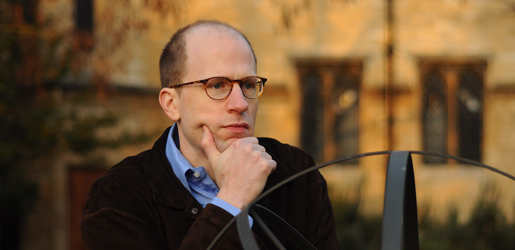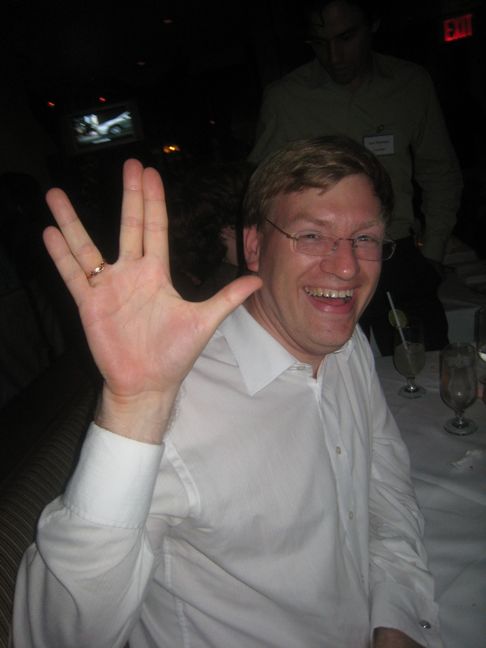Nick Bostrom
Transhumanism has recently risen to prominence in scientific circles. Nick Bostrom, a prominent Transhumanist and professor of philosophy at Oxford, states,
“It promotes an interdisciplinary approach to understanding and evaluating the opportunities for enhancing the human condition and the human organism opened up by the advancement of technology. Attention is given to both present technologies, like genetic engineering and information technology, and anticipated future ones, such as molecular nanotechnology and artificial intelligence.” (Bostrom)
Bostrom serves as the founding director of the Future of Humanity Institute at Oxford University, and has written over 200 pieces relating to his primary fields of study, anthropics, transhumanism, and the concept of existential risk. In the early twenty-first century, Bostrom, with David Pearce, founded the World Transhumanist Organization.

Fereidoun M. Esfandiary
Fereidoun M. Esfandiary championed Transhumanist ideals, and, in 1989, penned the work Are You a Transhuman? Monitoring and Stimulating Your Personal Rate of Growth in a Rapidly Changing World. Esfandiary legally changed his name to FM-2030 in the 1970s to reflect his desire to live until his hundredth birthday. In Are You a Transhuman? Monitoring and Stimulating Your Personal Rate of Growth in a Rapidly Changing World, FM-2030 postulated, “It’s just a matter of time before we reconstitute our bodies into something entirely different, something more space-adaptable, something that will be viable across the solar system and beyond” (Martin). The progressive nature of modern transhumanist concepts in early twenty-first century society makes the radicalism of FM-2030’s ideas, even more striking.
(Martin) Douglas Martin quotes an interview with FM-2030 in his article, “Futurist Known as FM-2030 Is Dead at 69,” published in The New York Times on 11 July 2000.

Anders Sandberg
Another prominent Transhumanist, Anders Sandberg works with Bostrom as a research fellow at the Future of Humanity Institute (Sandberg). On his website, Sandberg quotes David Zindell in order to explain the underlying philosophy of Transhumanism: “‘What is a human being, then?’ ‘A seed…an acorn that is unafraid to destroy itself in growing into a tree.’” Sandberg divides Transhumanism into three distinct categories: Individual, Global, and Cultural. Transhumanists plan to expand the movement to include all aspects of life.
